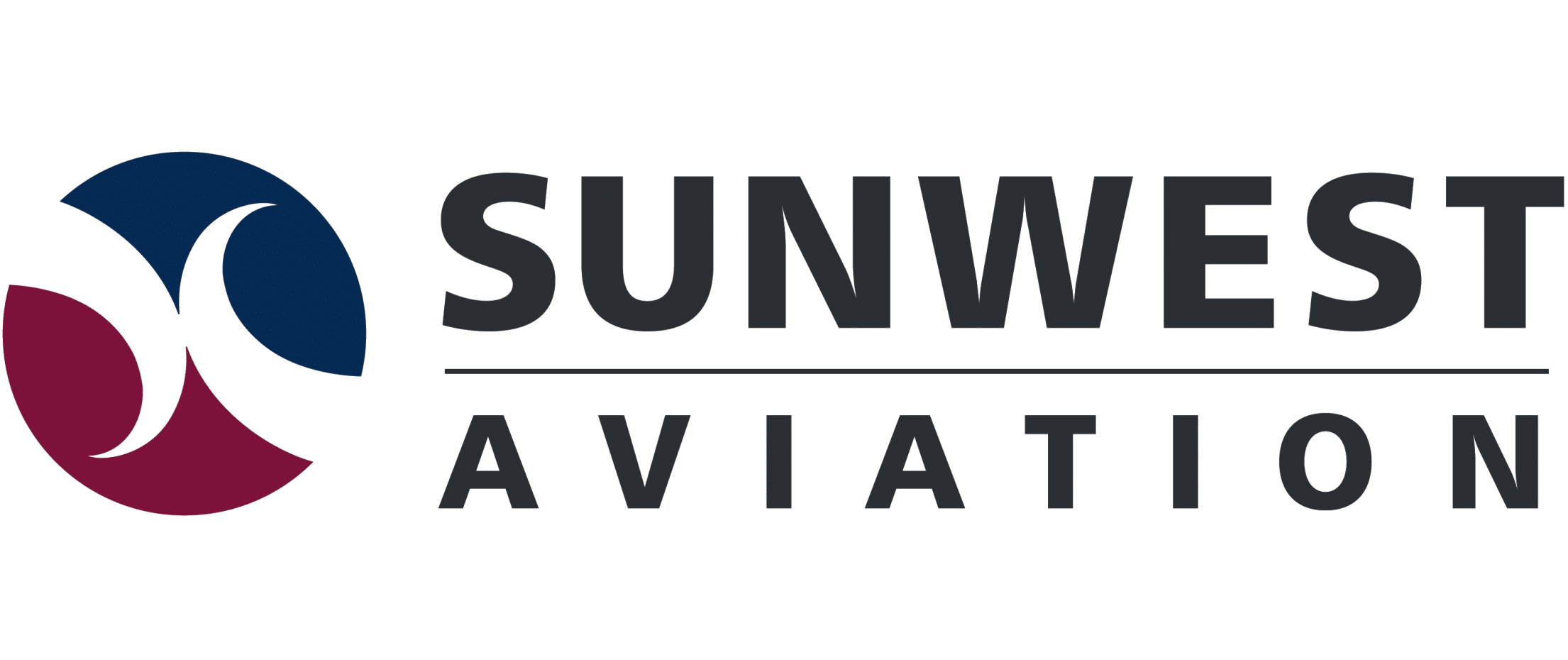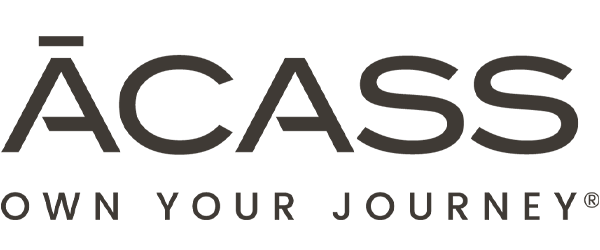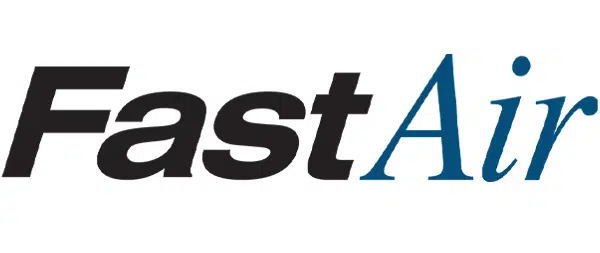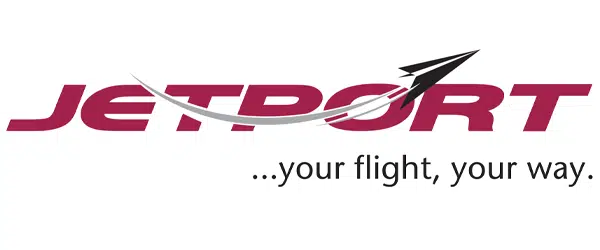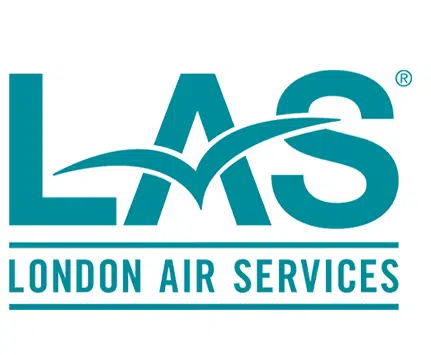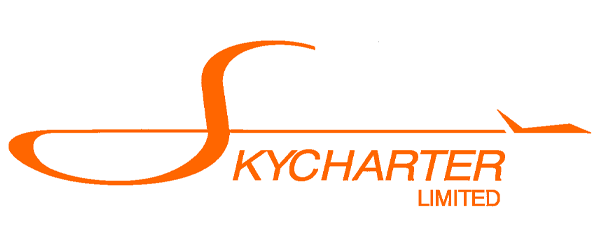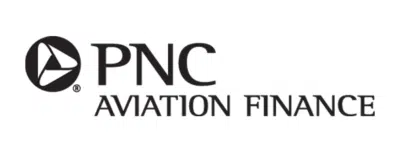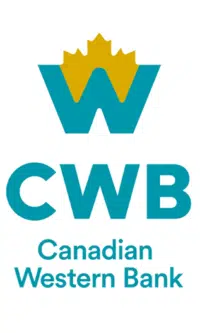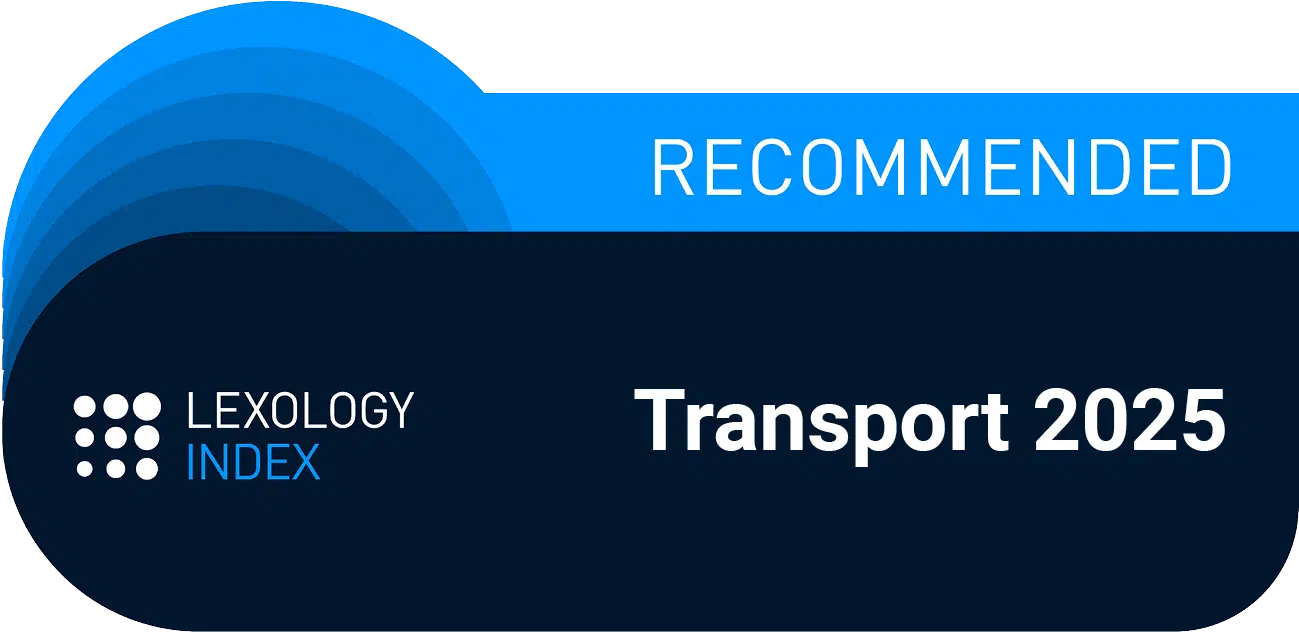How do tariffs Affect Business Aviation
Background
On the afternoon of Saturday, February 1, 2025, the Trump Administration announced sweeping tariffs on virtually all Canadian goods imported into the US (pursuant to the “Executive Order”), triggering Canada’s announcement of corresponding tariffs on American goods being imported to Canada (“Order in Council”).
On February 3, 2025, following Canada’s commitments on border measures, the governments of each state agreed to suspend tariffs for 30 days. This temporary reprieve is set to expire on March 5, 2025, though its certainty remains unclear due to subsequent trade actions by the Trump Administration, which have further fueled market turmoil.
Understanding Tariffs
Tariffs are taxes or duties imposed by a government on goods that are imported from other countries. They’re typically intended to raise revenue or protect local industries by making foreign goods more expensive than domestic ones. Tariffs are considered a form of indirect taxation. This is because while the tariff is levied on imported goods – typically by the importer – the cost is usually passed on to consumers through higher prices.
Executive Order by US
The Executive order cites the presidential authority under the International Emergency Economic Powers Act (IEEPA) as the basis for imposing a 25% additional tariff on imports of “All articles that are products of Canada,” excluding certain energy imports including oil, natural gas and electricity with 10% additional duty.
What qualifies as a ‘Product of Canada’?
Under the Harmonized Tariff Schedule of the United States (HTSUS), a product’s country of origin is based on where it was manufactured or substantially transformed, not where it is stored.
- Production Location: A good qualifies as a product of Canada only if it was produced or last substantially transformed in Canada. Simply being located or warehoused there does not qualify.
- New vs. Used Goods: The rules apply to both new and used goods. If a used product was originally made or transformed in Canada, it remains a product of Canada under HTSUS.
In short, only goods that were originally produced or significantly altered in Canada – whether new or used – qualify as products of Canada.
Order in Council
The United States Surtax Order (2025) issued by Canada imposes a 25% surtax on certain U.S.-origin goods classified under specific tariff items, as per CUSMA Country of Origin Regulations. Goods already in transit to Canada before the order takes effect are exempt. The order was effective February 4, 2025, but now due to temporary suspension will take effect on March 5, 2025. Initially, the surtax applies to CAD $30 billion worth of U.S. goods, with an additional CAD $125 billion affected within 21 days of the new effective date.
Impact of Tariffs on Business Aviation
The announcements of tariffs have disrupted transborder aircraft transactions, adding significant level of uncertainties and risks for aircraft buyers, sellers, and lessors. Since the aircraft pricing is driven by a global marketplace, tariffs will increase costs across the board. The economic analysis is as follows: Aircraft manufactured in Canada would face a 25% price increase on import, therefore any seller within the US market would also have incentive to increase their asking price up to 25%. Similarly, seller’s of aircraft with mission profiles that compete with the Canadian manufactured aircraft would also see price appreciation in the same manner.
Further, the global supply chains will have substantial impact, as key components like Pratt & Whitney engines and other critical aircraft parts often cross borders multiple times before final assembly. US air carriers and business aircraft operators will see higher costs for replacement engines and parts where they are manufactured in Canada. The increased costs from tariffs will also impact aircraft financing arrangements, lease structures, and long-term fleet planning for operators and investors.
To mitigate risks, legal agreements in aircraft transactions must now anticipate tariff fluctuations and their financial impact. Clauses addressing sudden cost increases, allocation of tariff burdens, price adjustment mechanisms and renegotiation clauses should be incorporated to shield parties from unforeseen regulatory shifts.
Impact on existing contracts?
The doctrine of frustration of contract arises when an unforeseen event renders the performance of a contract impossible or fundamentally different from what was originally agreed upon. The imposition of tariffs, which introduces sudden cost increases and market uncertainty, can frustrate existing contracts, especially where the cost of importing or exporting aircraft was not accounted for in the original terms.
- Increased Costs: Canadian buyer entering into an aircraft purchase agreement at a fixed purchase price, the imposition of new tariffs could increase the cost of fulfilling the agreement (i.e., paying the agreed price). In the absence of a provision addressing such changes, there could be grounds to argue that the agreement has become frustrated due to unforeseen external events (tariffs).
- Delays or Barriers to Delivery: Similarly, if the tariffs cause delays in the importation process or even render delivery unfeasible, this could also frustrate the performance of the aircraft purchase agreement. Both the buyer and seller could face difficulties fulfilling their obligations if the terms do not foresee such regulatory changes.
Conclusion
The imposition of tariffs between the U.S. and Canada has introduced significant uncertainty and risks into the business aviation sector, affecting aircraft buyers, sellers, and lessors alike. As tariff-related cost increases ripple through the supply chain, legal agreements and transactions must be adapted to address these challenges. Incorporating provisions for tariff fluctuations, price adjustments, and renegotiation will be critical to safeguarding the interests of all parties involved in aircraft transactions.
For those navigating the complexities of cross-border aircraft transactions in light of these tariff shifts, expert legal guidance is more important than ever. At YYZlaw, we offer tailored legal solutions to address the evolving challenges posed by these new trade policies. Our team has deep experience in aviation law and can help you mitigate the risks associated with tariff impositions, protect your business interests, and ensure that your contracts are robust enough to withstand unforeseen regulatory changes.
- How do tariffs Affect Business Aviation
- Resolving the Ambiguities surrounding the Canadian Luxury Tax: Insights on Application and Exemptions
- The Canada Luxury Tax










